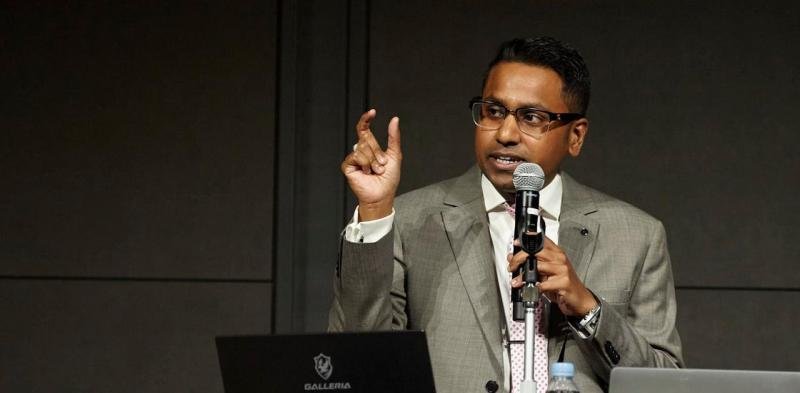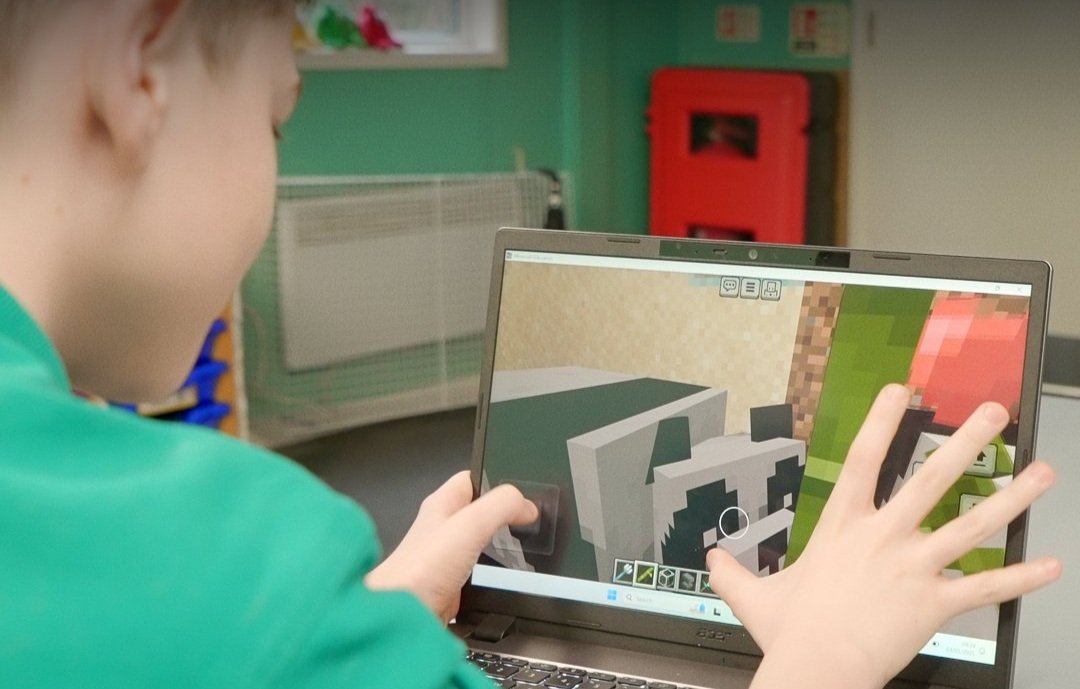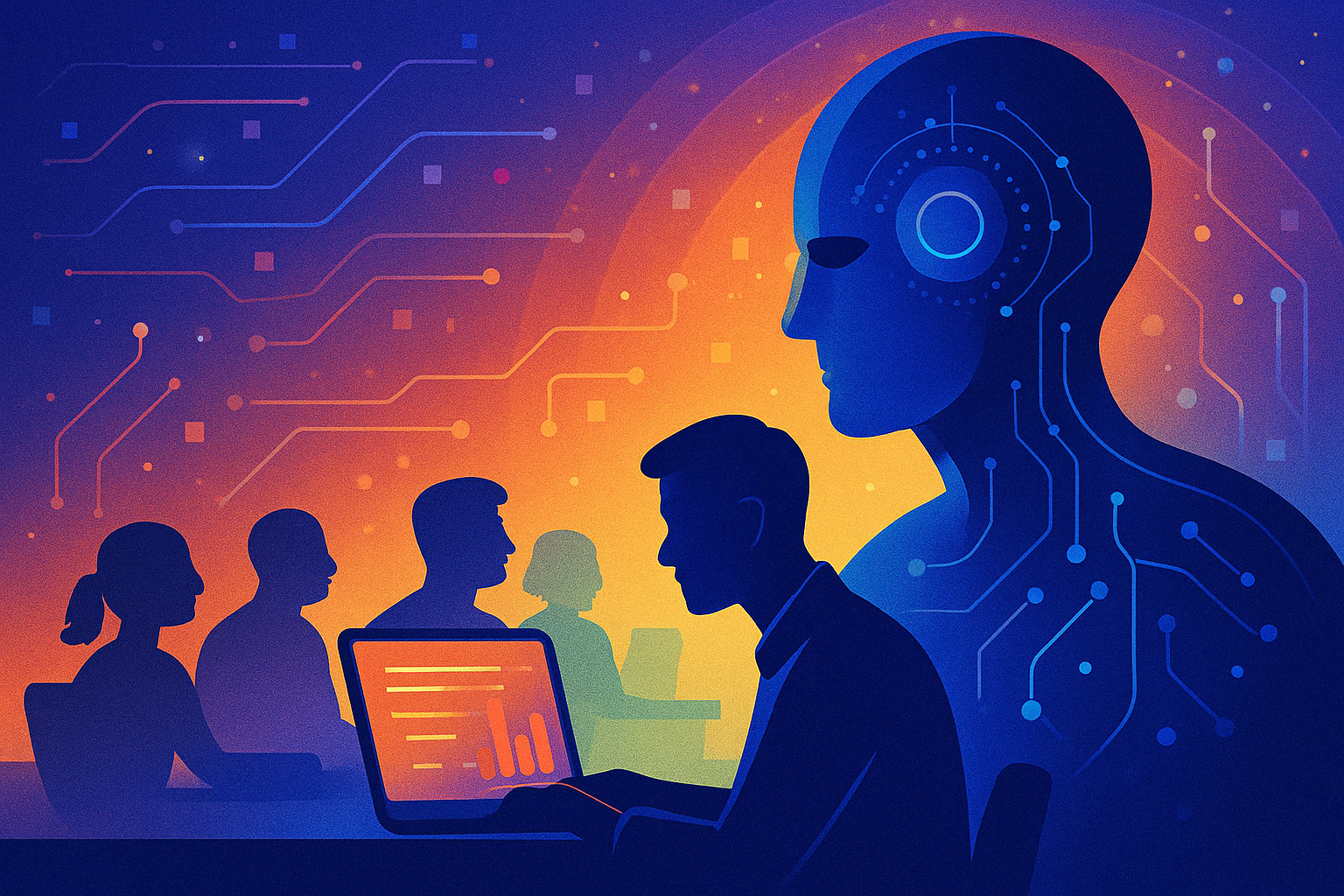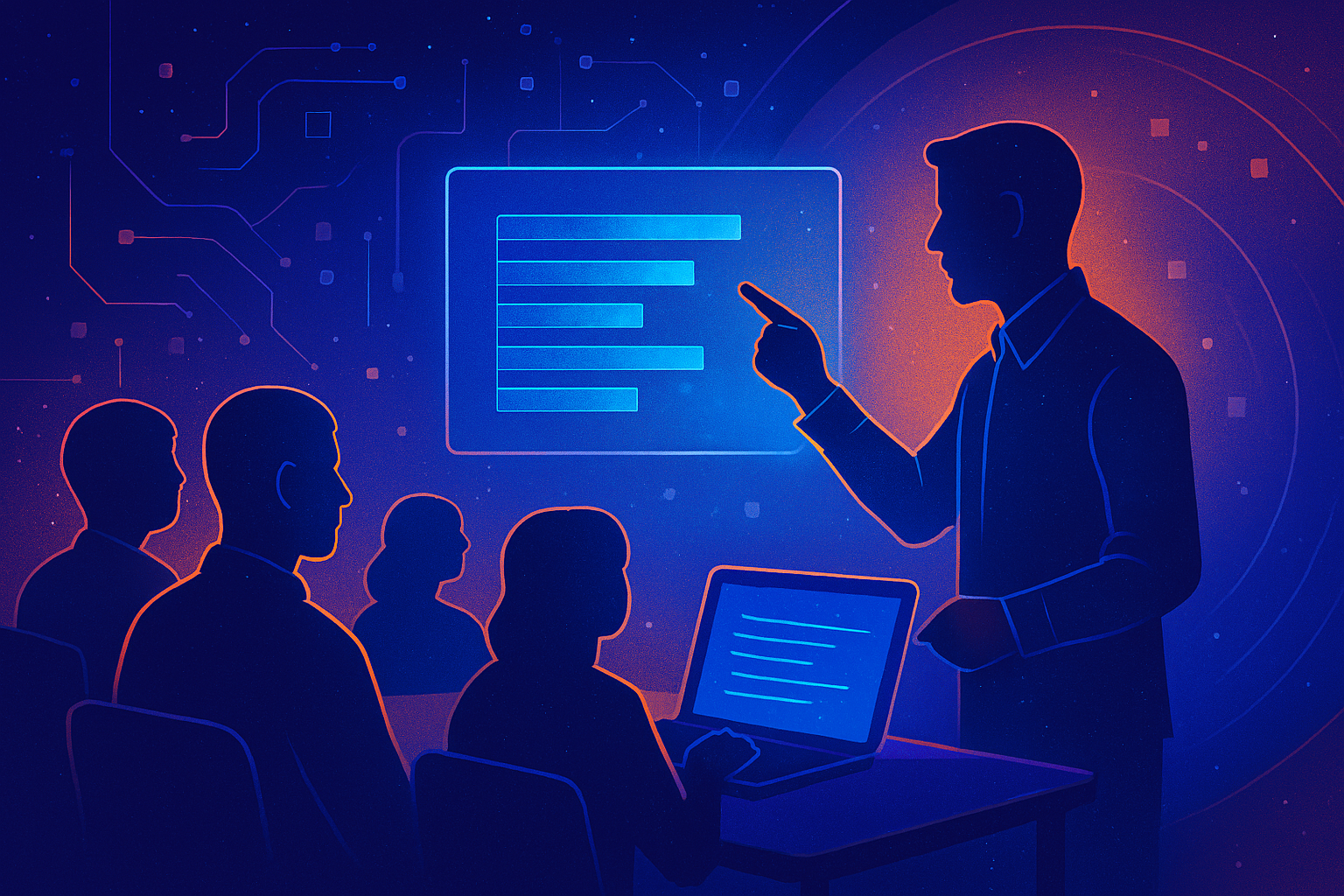How artificial intelligence is creating a new model of teaching
Education is on the brink of a transformative disruption, but the crucial question remains: will AI lead to significant improvements, or could it result in unintended consequences? This calls for careful, thinking. At David Game College, before announcing the launch of our AI adaptive learning programme, we thoroughly considered our objectives and how to integrate AI in a way that remains as "humanised" as possible.
Educational institutions are a vital part of society’s social contract, responsible for upholding values like social orientation, equality, access, and transparency. With the Sabrewing project at David Game College, our aim is to deliver the core curriculum entirely through personalised, adaptive AIenabled learning platforms. While some viewed this as a step too far, we saw it as not only feasible, but also immensely promising.
When pioneering such bold initiatives, it is natural to encounter both criticism and scepticism. The reactions of the media and commentators often couple surprise with fear or disbelief, often challenging the very idea of such innovation. We remain, however, committed to exploring the potential of AI in education, confident that with careful planning and ethical implementation, it can lead to truly transformative outcomes.
The publication in 1984 of Bloom’s paper, titled "The 2 Sigma Problem: The Search for Methods of Group Instruction as Effective as One-to-One Tutoring," assessing the effectiveness of different instructional methods in the context of student achievement, demonstrated how students could achieve mastery through one-to-one personalised learning.
In much the same way, incorporating AI into a personalised adaptive learning journey for each student can significantly enhance students' mastery of topics, far more effectively and efficiently than traditional classroom settings. The principal criticism of conventional teaching methods is that while some students excel, many others struggle or underachieve relative to their cognitive potential.
AI-driven adaptive learning systems can address these disparities by tailoring instruction to each student's unique needs, pace, and learning style, thereby maximising their potential and ensuring more equitable educational outcomes.
Our approach is to provide students with access to best-in-class adaptive learning platforms, paired with content libraries containing high-quality educational materials created by expert teachers at the forefront of their own subjects. This is augmented by our own proprietary technology and systems, which allow us to analyse and produce detailed data about each student’s performance and behaviour on the platforms.
This data provides insights to help our learning coaches identify which students require additional one-to-one support, as well as ensuring that every student is making the expected progress in each subject. Students complete all of their core learning in the mornings. In the afternoons, our holistic approach offers students an ambitious life-skills programme, while also providing access to a support curriculum that you would find in any educational setting.
I firmly believe that this approach to learning will become mainstream within the next five years, driven by the growing need for more effective and individualised educational methods. There is substantial evidence that AI powered adaptive learning is far superior to the traditional one-size-fits-all classroom model, where overburdened teachers and periodic assessments often fall short in meeting every student's needs.
As a teacher and now a Head Teacher, I have seen firsthand the incredible work that staff do, and many students indeed thrive in conventional settings. However, there is a significant group of pupils who are either too bright - bored and held back by the pace of the class - or who find traditional learning environments challenging for any number of reasons, leaving them unable to achieve the grades that they are capable of achieving under different circumstances.
AI-driven personalised learning can address these issues by providing tailored instruction that meets each student where they are, helping them to overcome these barriers and reach their full potential. Our approach at David Game College, through Sabrewing, is to encourage able students to excel at a pace that suits them, and equally allow students who through no fault of their own have not made the progress they should have while in traditional education.
AI-enabled systems offer tailored solutions to learning, are non-judgmental and can help motivate students. AI is not going away, so it is better to embrace the technology for good. I would make an analogy with precision medicine. In the 20th century and largely up till now, if someone has a disease or condition, a generic drug would be typically be given and the possibility of suffering side effects of the medications which may not agree with them, was simply an accepted part of the process.
Precision medicine is an innovative approach to healthcare that tailors medical treatment to the individual characteristics of each patient. By considering factors such as genetics, environment, and lifestyle, precision medicine aims to optimise treatment efficacy and minimize adverse effects.
This approach contrasts with the traditional "one-size-fits-all" model, offering more personalised and effective care, particularly in areas like oncology, where targeted therapies can be developed based on the specific genetic mutations of a patient's cancer.
Will this approach in education, using AI, replace teachers? The short answer is no - our belief is that education at its core must remain humanised, and that teachers will always be essential. However, it can help to address the issue of teacher shortages. AI can significantly reduce the administrative burden on educators by assisting with tasks like lesson planning, homework setting, and grading.
Beyond this, AI can extend a teacher's reach, enabling them to support a larger number of students more effectively. By freeing teachers from routine tasks, AI allows them to prioritise their time and focus on high-impact interactions, providing personalised support exactly when and where students need it most, rather than being consumed by the demands of delivering the entire curriculum.
AI can significantly reduce the administrative burden on educators by assisting with tasks like lesson planning, homework setting, and grading. Beyond this, AI can extend a teacher's reach, enabling them to support a larger number of students more effectively.
By freeing teachers from routine tasks, AI allows them to prioritise their time and focus on high-impact interactions, providing personalised support exactly when and where students need it most, rather than being consumed by the demands of delivering the entire curriculum.
About the author:
John Dalton is Headmaster of David Game College, London.































